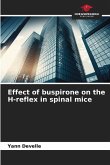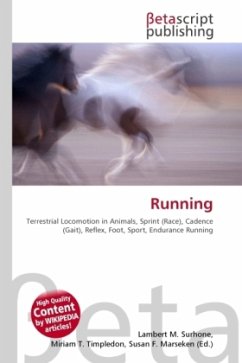Apparent death is an antipredator adaptation. Many animals, such as sharks, beetles, snakes and the Virginia opossum, are capable of appearing to be dead to an observer, while otherwise alive. This could either be a reflex action, as in tonic immobility, or a defense mechanism for avoiding predators, as in thanatosis, which is probably adaptive, or "playing possum", which is more instinctive. Such actions often prove beneficial in the natural environment but, in the modern world of human intervention, can also be fatal. Tonic immobility is a natural state of paralysis that animals enter, in most cases when presented with a threat. Some scientists relate it to mating in certain animals like the shark. Some sharks can be placed in a tonic immobility state. The shark remains in this state of paralysis for an average of fifteen minutes before it recovers. Scientists have exploited this phenomenon to study shark behaviour. Orca whales are also known to exploit this in hunting sharks and rays. Usually when testing sharks under this "tonic" state, scientists will put a chemical plume in the water awakening the shark.
Bitte wählen Sie Ihr Anliegen aus.
Rechnungen
Retourenschein anfordern
Bestellstatus
Storno








